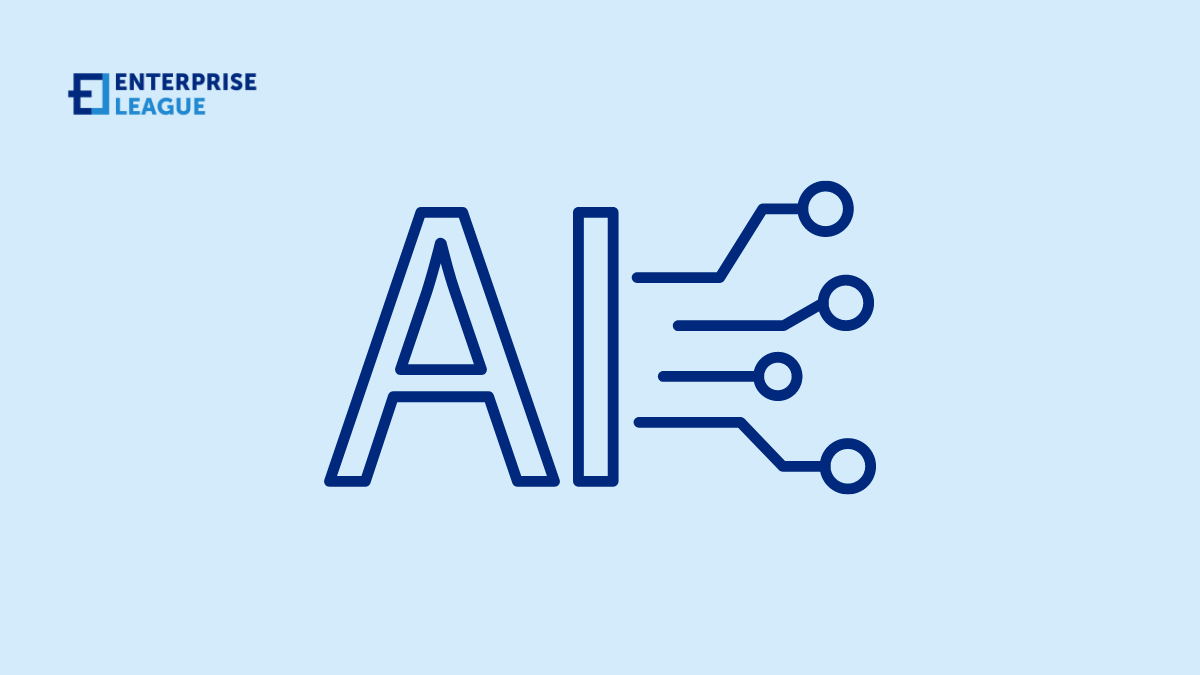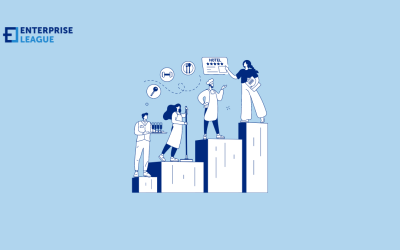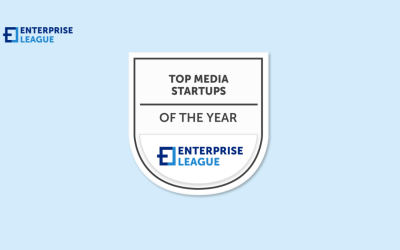A new study estimates that using AI for environmental applications could contribute up to $5.2 trillion USD to the global economy in 2030, a 4.4% increase relative to business as usual.
Moreover, the application of AI levers could reduce worldwide greenhouse gas (GHG) emissions by 4% in 2030, an amount equivalent to 2.4 Gt CO2e – equivalent to the 2030 annual emissions of Australia, Canada, and Japan combined.
4 sustainability sectors that will be impacted by AI
Here are some sectors that without a doubt will see the benefits of AI implementation:
Energy efficiency
AI cuts building and industry energy use by predicting needs and optimizing consumption. It pinpoints waste and suggests solutions. For instance, AI helped Google slash data center energy use and Tesla uses AI for efficient electric vehicle driving.
Renewable energy
AI helps renewables like wind power by predicting output, optimizing performance, and improving maintenance. Wind turbine giants like GE use AI to analyze sensor data and adjust turbine operations for maximum efficiency. AI also helps schedule maintenance to reduce downtime and costs, making wind power a more reliable and efficient energy source.
Smart grids
AI analyzes data from grids to optimize electricity flow, reducing waste and improving reliability. For example, Microsoft uses AI for efficient data centers and aims to be carbon-negative by 2030.
Sustainable agriculture
AI helps farmers optimize crops and go green by analyzing soil, predicting yields, and spotting pests. Farm wise uses AI robots to target weeds, reducing herbicide use and promoting sustainable agriculture.
How can we make the most out of AI for sustainability?
We asked five experts who are already seeing the benefits of using AI for sustainability to share their thoughts with us:
One of the main challenges is finding qualified staff quickly and efficiently. In this case, an AI-based system would make it easier for daycare to analyze data about childcare professionals, including their skills, experience, certifications, and even preferred age groups to work with. Daycare centers, in turn, would be able to see a pool of qualified candidates ideal for their specific needs. This would help increase the match between the daycare center and the professional.
Vitalina Moisieienko, Head of Product at Carejobs
One significant aspect where AI can aid sustainability in gaming is through optimizing energy consumption in game development and hosting servers. AI algorithms can predict peak usage times and adjust server operations accordingly, minimizing energy waste. This not only reduces the carbon footprint of online gaming platforms but also paves the way for more eco-friendly gaming experiences, demonstrating our industry’s potential to contribute positively to environmental conservation.
Marin Cristian-Ovidiu, the CEO of Online Games
From my direct observations, AI has demonstrated its capacity to significantly advance the security industry’s sustainability objectives. Specifically, AI-driven surveillance systems offer a nuanced approach to resource utilization by accurately pinpointing security threats and proactively addressing them. This targeted approach minimizes unnecessary patrols and false alarms, thereby optimizing resource allocation and contributing to overall sustainability efforts. These systems improve security efficacy while promoting environmental sustainability by efficiently allocating resources to reduce energy consumption and carbon emissions associated with traditional security operations.
Eugene Klimaszewski, the founder of Mammoth Security Inc.
In our field, AI can significantly enhance wildlife population management, leading to more sustainable hunting practices. AI algorithms can forecast changes in animal populations, movement patterns, and habitat requirements by examining data from trail cameras and satellite photos. This guarantees a balanced ecology and the long-term survival of animal populations by enabling informed decision-making about hunting quotas and conservation initiatives.
John VanDerLaan, Founder of DeerHuntingGuide.net
AI can identify patterns and inefficiencies in energy use that might not be immediately apparent to humans. This allows corporate sustainability teams, which are usually small, with planning, reporting, data management, analyzing, etc. At North Star Carbon Management, we use AI to help companies identify opportunities to reduce carbon emissions across their operations and value chain and build their decarbonization roadmap. The ability of AI to predict the outcomes of various sustainability initiatives promises a more straightforward path forward.
Josh Prigge, Founder and CEO of North Star Carbon Management
More must-read stories from Enterprise League:
- Inspiring quotes about supporting small businesses.
- Get entertained and educated with some of the best business movies.
- Things to consider before deciding on a business location.
- Innovative small business growth tips that will take you to the next level.
- Entrepreneurs over 70 that have defiled old age.
Related Articles
How cloud technologies are revolutionizing small hospitality businesses
So let’s rifle through the perks cloud technologies provide and give you the motivation to move forward with the next phase of digital transformation.
The deep psychological effects of sales and advertising
In this article we will explore the deep psychological effects of sales and advertising that average person is exposed to on daily basis for commercial gain.
28 most exciting media startups to follow closely (2024)
Check out these 28 most promising media startups that are making the media industry more engaging, interactive, and enticing for the worldwide audience.
How cloud technologies are revolutionizing small hospitality businesses
So let’s rifle through the perks cloud technologies provide and give you the motivation to move forward with the next phase of digital transformation.
The deep psychological effects of sales and advertising
In this article we will explore the deep psychological effects of sales and advertising that average person is exposed to on daily basis for commercial gain.






